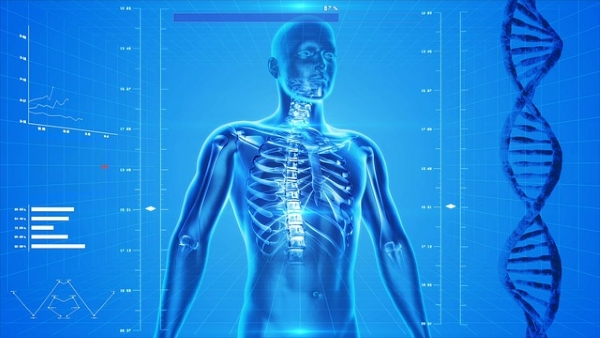Archives
- Newer posts
- June 2025
- May 2025
- November 2024
- April 2024
- November 2023
- October 2023
- August 2023
- May 2023
- February 2023
- October 2022
- August 2022
- July 2022
- May 2022
- April 2022
- March 2022
- February 2022
- June 2020
- March 2020
- February 2020
- January 2020
- December 2019
- November 2019
- October 2019
- September 2019
- August 2019
- July 2019
- June 2019
- May 2019
- April 2019
- March 2019
- February 2019
- January 2019
- December 2018
- November 2018
- October 2018
- September 2018
- August 2018
- July 2018
- June 2018
- May 2018
- April 2018
- March 2018
- February 2018
- January 2018
- December 2017
- November 2017
- October 2017
- September 2017
- August 2017
- July 2017
- June 2017
- May 2017
- April 2017
- March 2017
- February 2017
- January 2017
- August 2016
- June 2016
- April 2016
- March 2016
- February 2016
- January 2016
- July 2015
- June 2015
- Older posts

Artificial Intelligence in Healthcare
In recent decades, advancements in personal digital assistants and clinical research have shown how far it has come from the traditional methods. Healthcare is likely to be the one market which can positively affect human lives. Learning algorithms can become more accurate, allowing humans to gain insights into treatment variability, patient outcomes, care processes, and diagnostics. Neurological maladies and wounds to the sensory system can take away a few patients’ capacities to move, talk, and connect genuinely with individuals and their surroundings. Brain-computer interfaces (BCIs) could re-establish those essential encounters to the individuals who dreaded they lost perpetually by the utilization of artificial intelligence.
Artificial intelligence (AI) is portrayed as the production of keen PC frameworks which perform undertakings without getting guidelines from people directly. Today, numerous innovation companies are making huge interests in AI like never before, to guarantee they can offer all the fundamental arrangements and administrations. Google, IBM, Microsoft, Apple, and Amazon, to give some examples, have completely dedicated and embraced AI and are as of now giving these administrations to customers.
Machine learning can easily learn patterns to help recommend diagnoses and detect tumours. Google’s new calculations, expects to foresee persistent results, for example, chances of death, length of remain and even odds of readmission. AI tools can also be used by medical professionals for consultation purposes. IBM’s Watson supercomputer which was presented in 2010, joins AI with systematic programming to give solutions. IBM says it’s processed more than 115,000 consumers and patients. There are a number of challenges faced when a new technology enters healthcare.
AI is currently used in the radiology field where the patient’s imaging results provide the clinician to detect even a minute change in the image. AI is also used in Microsoft’s Hanover project where it provides effective cancer treatment drug options after analyzing the medical research. UK National Health service uses Googles Deep Mind platform to detect health risks through a mobile app. Intel also invested in a startup known as Lumiata, which detects at-risk patients through AI and provides care options. There are also many other startups like IDX’s first solution IDx-DR which uses AI system to detect diabetes. Another startup Medvice, stores electronic records over a decentralized blockchain and also provides Medical assistance.
So we can all agree that the future of AI in healthcare is very bright and endless opportunities are yet to be discovered. There are even talks about 3D X-Rays of patients to get a better view of patient’s veins and arteries which can be a great help when conducting complex surgeries.
